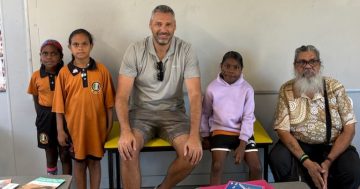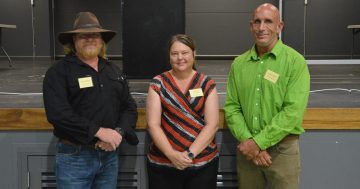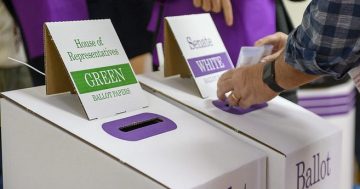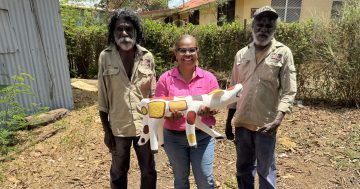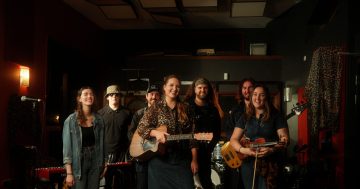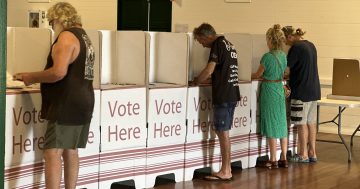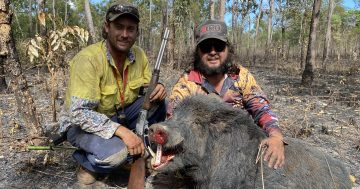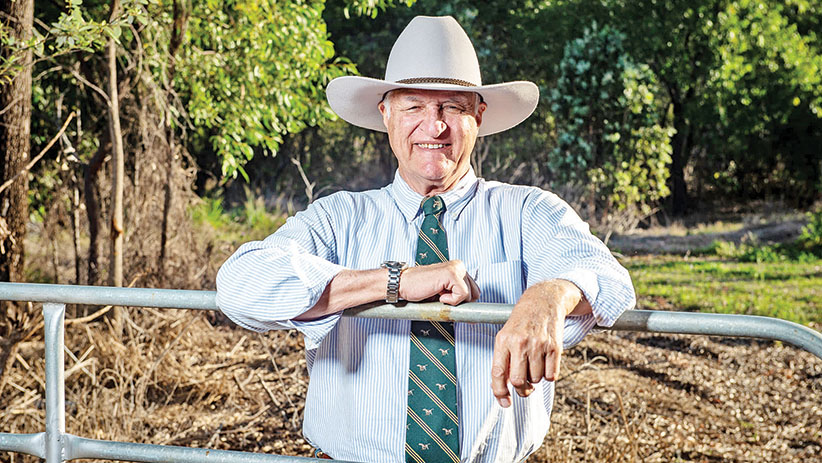
TORRES Cape Indigenous Council Alliance chair Robbie Sands has written an open letter to Prime Minister Scott Morrison, calling on him to stop a bill that, if passed, would require voters to show ID before casting their ballot.
Cr Sands, who is the mayor of Kowanyama, said the so-called Voter Integrity Bill would discriminate against Aboriginal and Torres Strait Islander peoples living in remote communities by limiting their right to vote if they cannot produce ID.
“Issues such as severely overcrowded housing, population transience, the lack of access to government services, and traditional adoption practices all compound the ability of First Nations peoples to obtain and/or retain identification,” he wrote in the letter to the PM.
“If you and your government are serious about Closing the Gap for First Nations Australians, we ask that you stop this legislation from progressing any further.
“To not do so could be read as an outright display of discrimination against the vulnerable Aboriginal and Torres Strait Islander peoples we represent.”
The letter adds TCICA’s voice to those of major advocacy groups opposing the legislation, including Amnesty International and the Human Rights Law Centre, as well as many community workers and academics.
Currently before the House of Representatives, the bill would require voters to “provide an acceptable form of identification, or alternatively an attestation from another enrolled person who does have an acceptable form of identification, in order to cast an ordinary pre-poll or polling day vote in federal elections and referendums”.
The electoral officers will accept a range of identification types including a passport, Medicare card, motor vehicle licence or utility bills.
Senior Lecturer in Political Science at James Cook University Maxine Newlands said the bill echoed similar laws in the United States that have been criticised for suppressing voters.
“There is dog-whistling going on. You do have to ask yourself why are they pushing this, is it a genuine problem?” Dr Newlands told Cape York Weekly.
Australia Electoral Commissioner Tom Rogers has described instances of multiple voting, estimated to be 0.03 percent, as “vanishingly small”.
“You’ve got to look to who put this up and the person who put this up is Senator Malcolm Roberts from One Nation,” said Dr Newlands.
“He has been an advocate for a very pro-Trump (stance) and very much on the Republican side, so I think to make the analogy with the US is fair because it seems to have just been taken from their playbook.”
Kupai Omasker Working Party chairperson Ivy Trevallion, a longtime advocate for Torres Strait Islanders raised by extended family to transfer their legal identity from birth parents to cultural parents, said the law would further discourage people having difficulty getting ID.
“If you are going to spout about reconciliation, why are you doing this?” she said.
“It is dividing people again and people won’t turn up for voting. It will intimidate people.
“We are penalising people rather than encouraging them to join us so their voice can be heard.”
LNP Senator Susan McDonald supports the bill and said tackling vote fraud, however rare, would increase confidence in the electoral process.
“That’s like saying we shouldn’t worry about any criminal activity if it’s rare. The fact the AEC has identified this as an issue means it’s entirely fair and proper for a government to act on it,” she said.
“Under this legislation, forms of identification are very broad.
“You can even have a friend vouch for your identity if you don’t have any of the numerous ID sources that will be accepted.
“Even if you have none of those forms of ID, you will not be denied a vote.
“If they (opponents of the bill) truly cared about democratic principles and the right to vote, they should support anything that makes sure people aren’t taking advantage of Indigenous communities by using them to vote fraudulently,” she said.
Outspoken North Queensland MP Bob Katter said he was against the proposed changes.
“This is blatantly racist and will prevent First Australians living in the community areas from voting,” he said.
“The AEC and ECQ need to do proper investigations when incidents of voting fraud or anomalies are raised, and they must properly man the voting booths in the Torres Strait and Cape York.”



